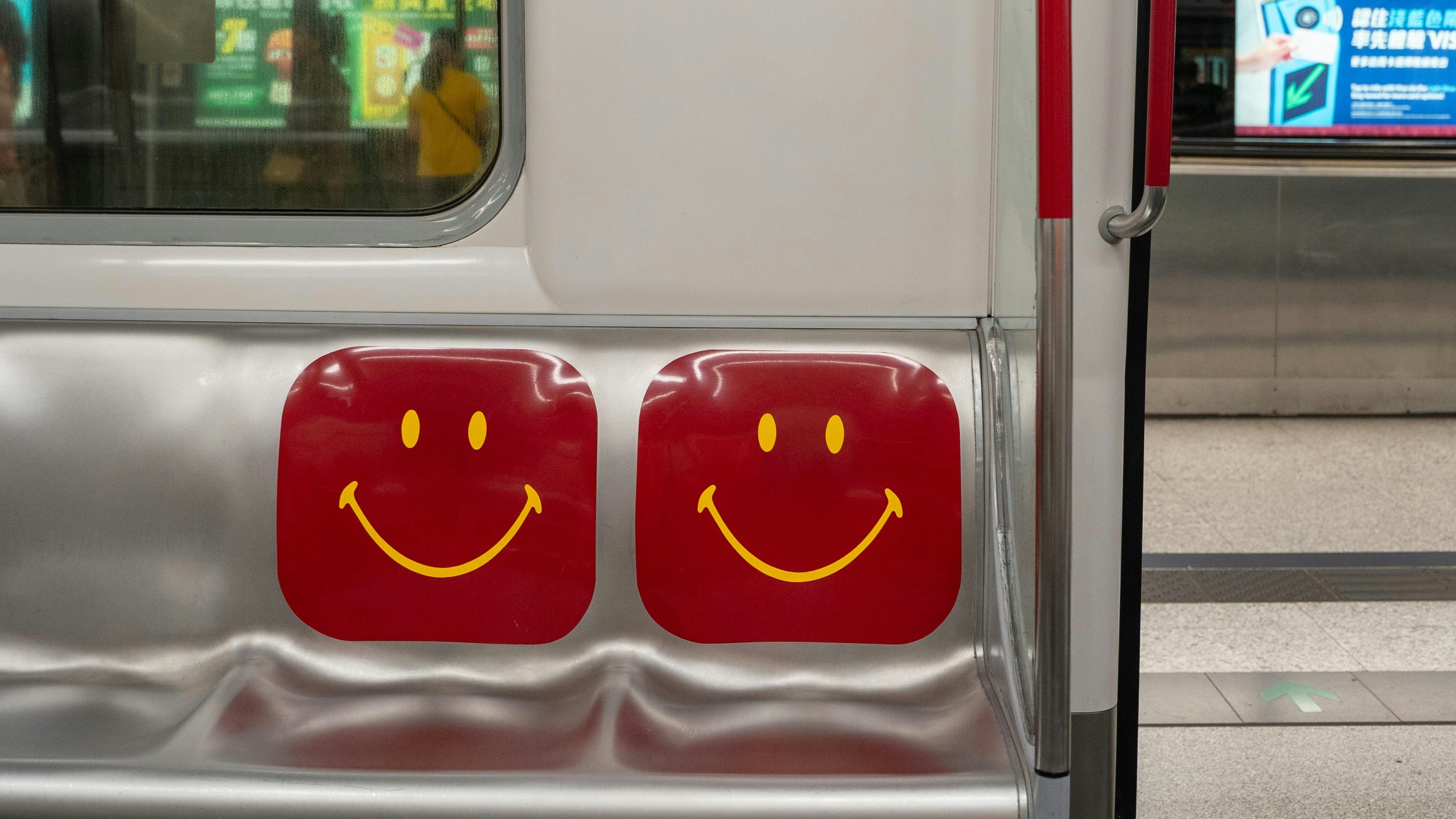Just two weeks into my first co-op experience at BlackRock, I can already feel a significant transformation in my professional maturity. Although I have not dived into substantial work yet, the emotional and behavioral checklist for success has never been longer. Being in the office more than on campus has provided me with a glimpse into what my life might be like post-graduation. It has been a substantial bite to chew, an intriguing blend of the eerie and the exhilarating.
Cooperative education, often referred to as co-op, seamlessly melds classroom learning with practical work experience in a real-world corporate setting. For many students, co-op programs serve as their initial exposure to the corporate world, offering immense potential in preparing them socially and emotionally for their future careers. These experiences come at an age when curiosity should be actively applied.
The journey begins with a smile and a firm handshake, a standard office dynamic that students quickly learn to embrace. Being ready with a smile, a confident handshake, and a pleasant nod for every new person you meet becomes second nature. Looking the part is equally important — projecting confidence, professionalism, and a put-together appearance. Dressing in dress pants, shoes, and shirts that feel like a second skin (though they are far from it) becomes part of the daily routine. It may initially feel like a performance, but it’s all in the effort to prove that we belong in this professional space.
The corporate environment can act as a potent motivator. It encourages students to stay on track with their studies during off-cycle periods, ensuring they graduate and return to the workforce full-time one day. The six-month grind of proving oneself in a corporate firm is exhilarating and distinct from any previous work experience.
One of the earliest lessons is the importance of effective communication. Before reaching my desk each day, I exchange at least ten “good mornings” — it’s the norm. There is no room for not being in the mood to talk to people; those who resist communication often become vulnerable when companies consider downsizing. We learn how to interact with colleagues, supervisors, and clients, understanding the nuances of timing and the types of jokes that fit the workplace culture. Gradually, we grasp workplace etiquette and norms, enhancing our overall emotional intelligence.
The job primarily revolves around teamwork and adapting to, and eventually thriving in, a new environment. Onboarding takes time and patience, and finding your place within a team that has operated for years without you is a personal project. However, problem-solving skills honed through years of education readily transfer to the professional world. Group dynamics remain constant, and co-op experiences enable us to refine our teamwork skills and find our roles within various teams and projects.
Networking, networking, networking — I never heard that word so frequently before my co-op began. This new skill demands a lot of small talk and elevator pitches. Although it can seem intimidating to engage with Directors and VPs, establishing these connections is invaluable in making sure they know our names.
Early on, I have pinpointed aspects of the job that I both enjoy and those that are less appealing. This self-discovery will be immensely valuable when applying for full-time positions. The co-op experience has equipped me with the confidence to make informed career decisions, ensuring a smoother transition from college to my professional journey when the time comes.
https://www.thetriangle.org/opinion/with-co-op-comes-crucial-professional-maturity/






